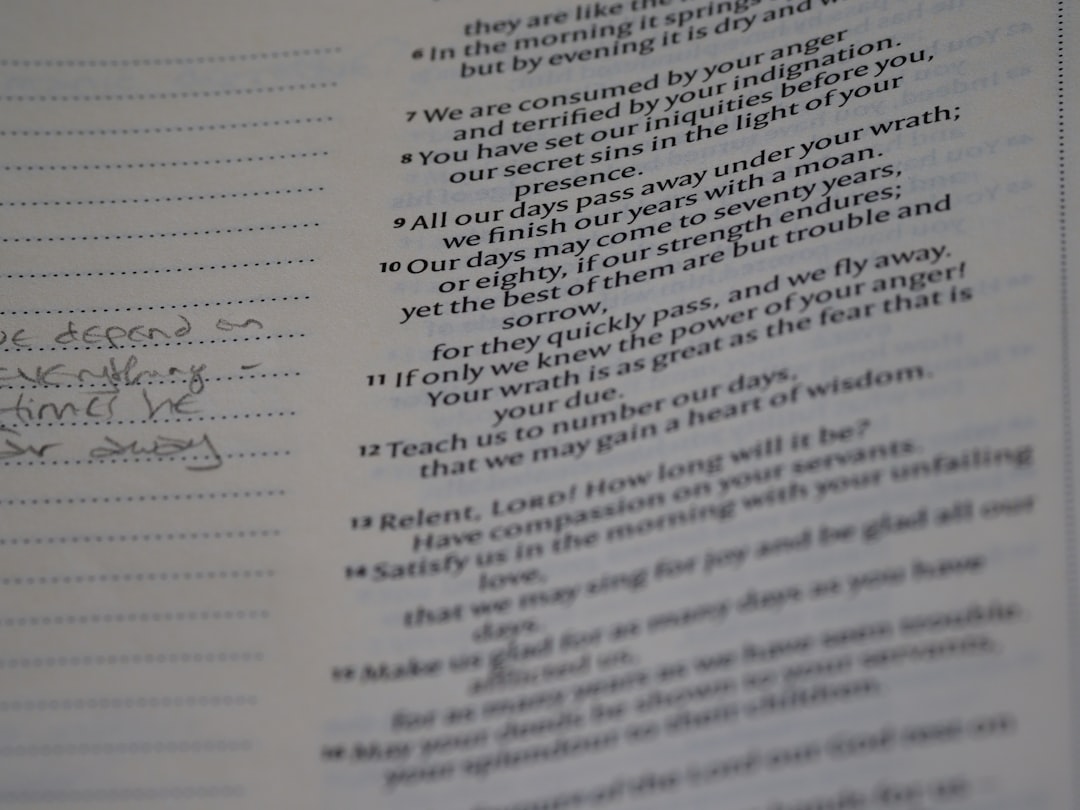How Many Words Can You Write for 2025–2026 Common App Essays?
Each year, thousands of high school seniors take on the monumental task of applying to colleges through the Common Application, a centralized platform accepted by over 1,000 colleges and universities in the United States and abroad. One of the most important — and often most intimidating — parts of the Common App is the personal essay. If you’re getting ready to apply for the 2025–2026 application cycle, you’ve probably wondered: How many words can you write for the Common App essays? Let’s dive into the details to help you plan an effective, memorable, and properly formatted application essay that meets all the word count requirements.
Word Limit for the Main Common App Personal Essay
The Common Application personal essay asks students to write about something meaningful, personal, and reflective. This essay is sent to every school where the applicant applies unless a school does not accept it — which is rare.
For the 2025–2026 Common App, the required word count for the personal essay remains unchanged:
- Minimum word count: 250 words
- Maximum word count: 650 words
This means your essay should be at least 250 words to be considered, but no more than 650 words to stay within the system’s limits.
Sticking close to the 650-word maximum is generally recommended. While quality always outweighs quantity, most successful essays are in the 600–650 word range. This length gives you ample space to develop your ideas, tell a story, and reflect meaningfully — all critical components of a compelling personal essay.

Why the Word Limit Matters
Admissions officers read thousands of applications in a season. A strict word limit keeps essays focused and digestible. Writing more than 650 words isn’t possible on the Common App interface — the system will cut off additional content. Similarly, if your essay is too short, it may not adequately communicate your thoughts and personality.
Here’s what adhering to the word limit tells colleges:
- You can follow instructions
- You understand what’s expected of you
- You respect the reader’s time
- You have refined your thoughts into a powerful format
The Essay Prompts for 2025–2026
While the word count remains the same, the essay prompts may vary slightly each year. For the past few years, the Common App has provided seven options, including a “topic of your choice.” Based on trends and announcements, we expect similarly broad prompts for 2025–2026. These prompts are designed to elicit deep, thoughtful responses that showcase the student’s character and worldview.
If you want to get ahead, here are some examples of past prompts:
- Some students have a background, identity, interest, or talent so meaningful they believe their application would be incomplete without it.
- Reflect on a time when you questioned or challenged a belief or idea. What prompted your thinking? What was the outcome?
- Discuss an accomplishment, event, or realization that sparked a period of personal growth and a new understanding of yourself or others.
Each of these prompts can be addressed eloquently within 650 words if you plan, draft, and revise your essay carefully.
Supplemental Essay Word Counts
In addition to the main personal essay, many colleges require supplemental essays. These are school-specific questions designed to learn more about your interests, academic goals, and fit with the institution.
Supplemental essays typically have shorter word counts than the main essay. Here’s what you can expect:
- Short-answer responses: 50–150 words
- “Why this college?” essays: Usually 250–400 words
- Major- or career-interest essays: Often 250–500 words
It’s important to pay close attention to the word limit for each school’s supplemental prompts. Most college portals will display a maximum word limit clearly when you begin each question.
Top Tips for Staying Within the Word Count
If you’re worried about writing too much or too little, you’re not alone. Here are some tips to keep your writing within the ideal range without compromising quality:
- Start with a rough draft that covers all your ideas — don’t worry about the word count immediately.
- Edit for clarity, cutting out repetition, filler words, and overly elaborate phrases.
- Revise with structure in mind: introduce, develop, and conclude your story effectively without wandering off-topic.
- Use active voice and concrete details — they take up less space while packing more punch.
- Ask others to review your essay for feedback and help identifying unnecessary parts.

What Happens If You Go Over or Under?
The Common App’s digital system enforces the word limit on the main essay. If you paste an essay over 650 words into the text box, the system will automatically cut it off. Similarly, if your essay is under 250 words, the system won’t allow you to submit it.
For supplemental essays, the restrictions depend on each school’s online form. Some colleges will enforce hard limits that prevent you from entering too many characters, while others might display a suggested limit that you’re technically allowed to exceed — though it’s rarely a good idea to do so.
Balancing Brevity and Depth
Writing within a word limit is an art form. The best essays are concise and rich. Every sentence should serve a purpose. Try to strike a balance between narrative and reflection — provide context for your story, but always loop back to what it reveals about you.
Remember, the essay is your chance to speak directly to the admissions committee. Make your voice count.
Final Thoughts
Understanding and respecting the Common App essay word count is a small but significant step in presenting your best self as a college applicant. The limits are there to help you focus your story and showcase your communication skills. Whether you come in at 580 or 645 words, what matters most is that each word reflects something true, unique, and compelling about you.
As you begin brainstorming and drafting for the 2025–2026 application cycle, keep your eye on the word count, but give yourself the creative freedom to explore themes that matter deeply to you. A well-written, well-edited essay can make all the difference.



